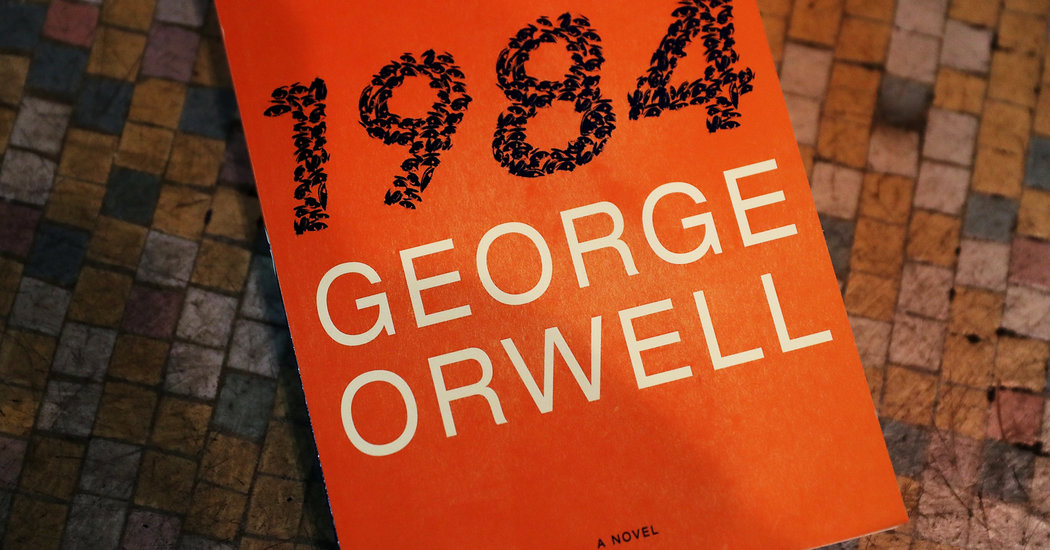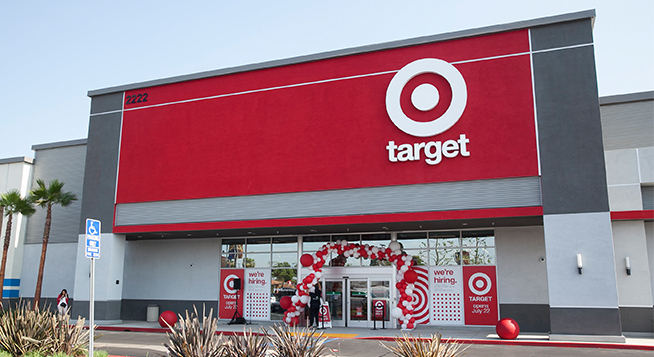In 1984, George Orwell warned humanity of the danger of a future surveillance state. Thankfully, we’ve reached 2019 and for much of the world, there’s no such thing as a “big brother” style surveillance program set up by the government. However, big brother does exist, and he transcends borders. He’s found in private, big tech companies. People willfully submit themselves to his tyranny out of convenience and because they don’t understand how bad the status quo really is.

Companies like Facebook and Google track your location, interests, daily habits, psychological/physical health, purchase history, and they can even predict if you’re pregnant (oftentimes before you’ve told another human being). This information is collected and then sold to advertisers so that they can curate ads to your preferences. While seeing helpful ads is great, it shouldn’t come at the cost of giving your deepest, personal information to unscrupulous tech companies who are looking to make a quick buck.
Big tech tracks your psychological and physical health
A few years ago, Target started using data from customers credit and debit card purchases to determine whether or not some of their customers were pregnant. Target’s intent was to curate advertisements to incentivize pregnant mothers to purchase maternity clothing, cribs, baby clothes, etc. Through this technology, Target has been able to predict whether a woman is pregnant with startling accuracy.
One poignant story, recorded in The New York Times, emerged soon after Target launched this new program:
About a year after Pole created his pregnancy-prediction model, a man walked into a Target outside Minneapolis and demanded to see the manager. He was clutching coupons that had been sent to his daughter, and he was angry, according to an employee who participated in the conversation.

“My daughter got this in the mail!” he said. “She’s still in high school, and you’re sending her coupons for baby clothes and cribs? Are you trying to encourage her to get pregnant?”
The manager didn’t have any idea what the man was talking about. He looked at the mailer. Sure enough, it was addressed to the man’s daughter and contained advertisements for maternity clothing, nursery furniture and pictures of smiling infants. The manager apologized and then called a few days later to apologize again.
On the phone, though, the father was somewhat abashed. “I had a talk with my daughter,” he said. “It turns out there’s been some activities in my house I haven’t been completely aware of. She’s due in August. I owe you an apology.”
It’s disturbing that Target can know if a teenager is pregnant before her own father is aware. But Target can’t be faulted more than anyone else. Almost all brands utilize big tech in this manner to track intimate details about people’s health.
In 2016, a cancer patient from Missouri sued Facebook because it tracked his internet activity even after he left facebook.com.
Facebook discovered that this man had cancer and started collecting data on possible treatment options without his consent.
The suit was ultimately dismissed and Facebook’s practice of tracking user activity, even after they have left the website, is still occurring today.
By analyzing what you have “Liked,” Facebook can also predict your:
- Emotional stability
- Whether your relationship is going to last
- Whether you use illegal substances
- Intelligence
- Sexual orientation
- Religion
- Race
- Political views
- Satisfaction with life
- Age
This list is nowhere near exhaustive, but it does paint a picture of the type of personal information that big tech collects to show you curated ads. Since big tech is motivated by money and the government is refusing to step in, these companies have no reason to change. Facebook, Google, and others will only change if they start losing users to alternatives, which can happen, now that competitors like The Jump are starting to grow.
Big tech tracks your location and travel information
Through apps on your phone, tech companies track your location, travel habits, and method of transportation on a daily basis. Also, if you own an Android phone, Google knows where you’ve travelled, regardless of whether you’ve downloaded apps that track your location. These tracking systems are unbelievably accurate. They identify exactly where a person is located and update a user’s location roughly 14,000 times a day. Companies make more money when they provide advertisers with more information about you. There’s nothing that stops them from figuring out the most intimate details of your day. In Future Crimes, Goodman documented that big tech can even determine if you’re having an affair based on where you’re sleeping at night and who you’re sleeping next to.
![]()
An investigative study by The New York Times accessed location tracking data for average citizens across the U.S. They were able to figure out shockingly personal details about people, just based on their location. For example, Ms. Margin, a schoolteacher from Up-state New York, had an app on her phone that revealed her location to private companies, entirely without her knowledge. Through location tracking, The Times could watch Ms. Margin as she went to school, a weight watcher’s meeting, a medical appointment, and then to her ex-boyfriends house at the end of the day.
The reality of our surveillance state is remarkably disturbing. But consumers shouldn’t merely be disturbed and then refuse to change their habits. Now that you know how your privacy is being violated, make a difference by switching to a platform that actually respects your life! The Jump is a perfect alternative. Our revenue model is powered by invitation, not exploitation. We don’t track anyone’s data in order to curate ads to user preferences. So join the movement and respect yourself by switching to a platform that actually protects your data.













Recent Comments